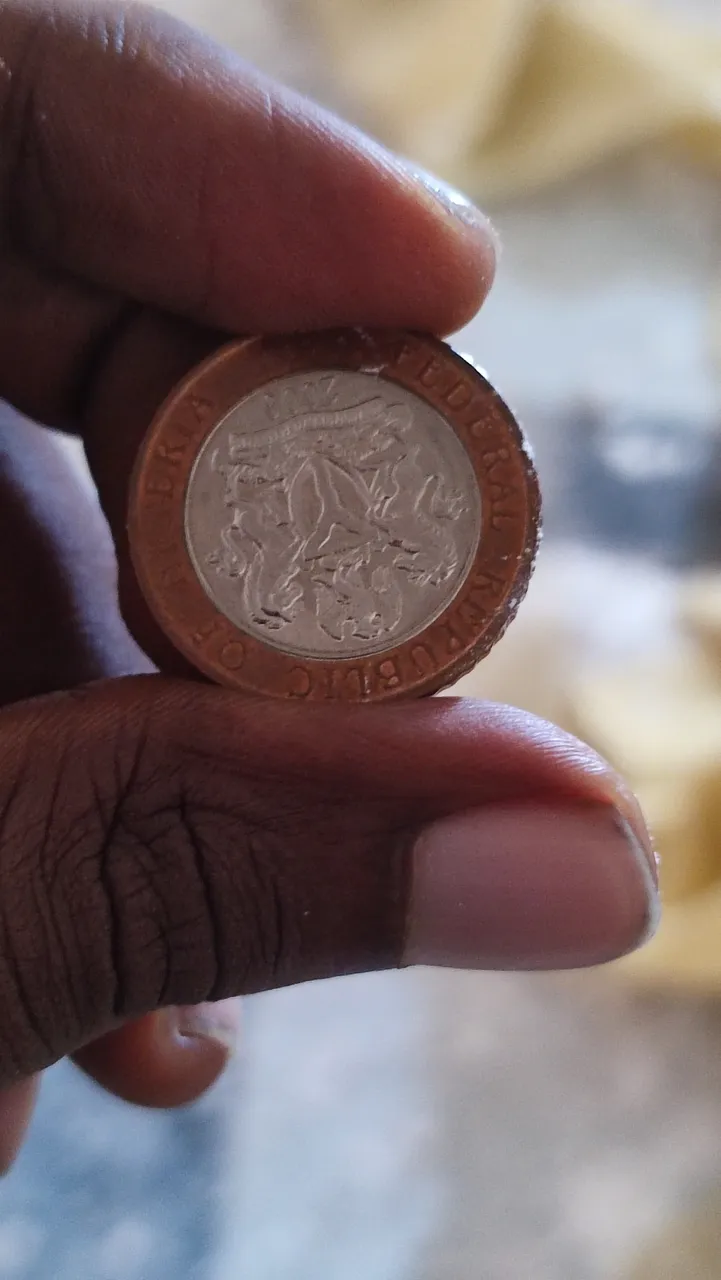
PHOTO BY ME
I spent the better part of my day listening to two episodes of the Noble Nigeria Podcast on YouTube. These two episodes feature political activists David Hudeyin and Prof. Wole Soyinka. They spoke extensively about the Nigerian struggle, and I want to join the conversation. I am not as knowledgeable as both speakers on the subject matter, but I am an active citizen who has spent most of his life in the country and is aware of the situation on the ground, so I have an opinion on how to develop my country.
Unfortunately, Nigeria has forced many like myself into self-preservation mode. Most of us are fleeing to the West in hopes of a better future. Aside from my own selfish reasons, I believe this is the best I can do to help future generations. I strongly believe that Nigerians in the diaspora have an important role to play in changing the fortunes of the country. They will ignite the revolution that will transform the country.
Besides providing economic support, Nigerians abroad might be the catalyst for change. Some of the most influential Nigerian voices are broad and free from the dictates of the corrupt and ruthless political class. This is shaping and changing the consciousness of Nigerians at home. Now more than ever, Nigerians are beginning to understand who the true enemy is, not some figurative 'village people' or act of God. This realization is being hastened by the harsh hardships, which will worsen.
Unfortunately, there needs to be a violent uprising to rid Nigeria of its corrupt political class, but changing the country will take more than just removing a few individuals. What needs to change is the collective mindset of the people, which will take time in this case. So some of the things I am writing about today may not happen in my generation or the next.
Another thing I have recently realized is that much of Nigeria's history is not documented. Many of the experiences the current generation is going through have happened in some shape or form before. Being ignorant of our past has cost us as a people, as it leads us to repeat the same mistakes. With the internet and social media, much of our political history is now better documented and analyzed, giving the next generation a fighting chance.
In conclusion, I do not see any immediate solution to the Nigerian problem. We have gone past the point of no return. So we must go through this phase of excruciating hardship to find our salvation. I don't see any way around it.
